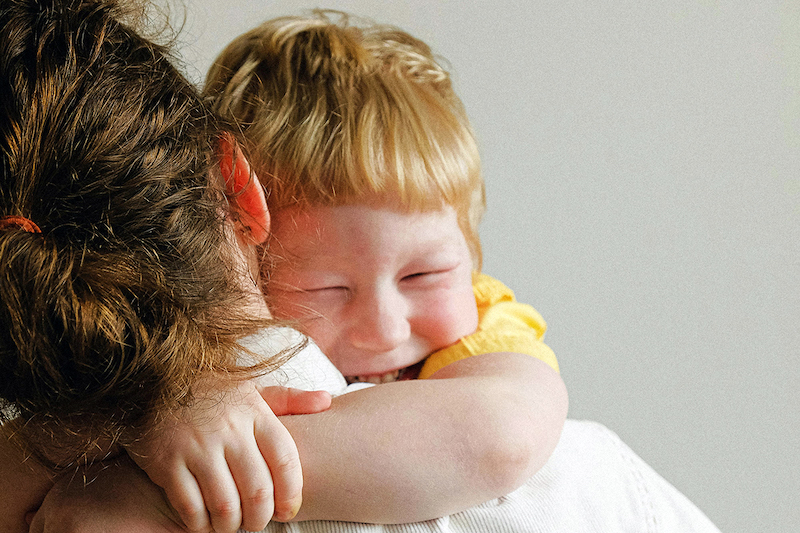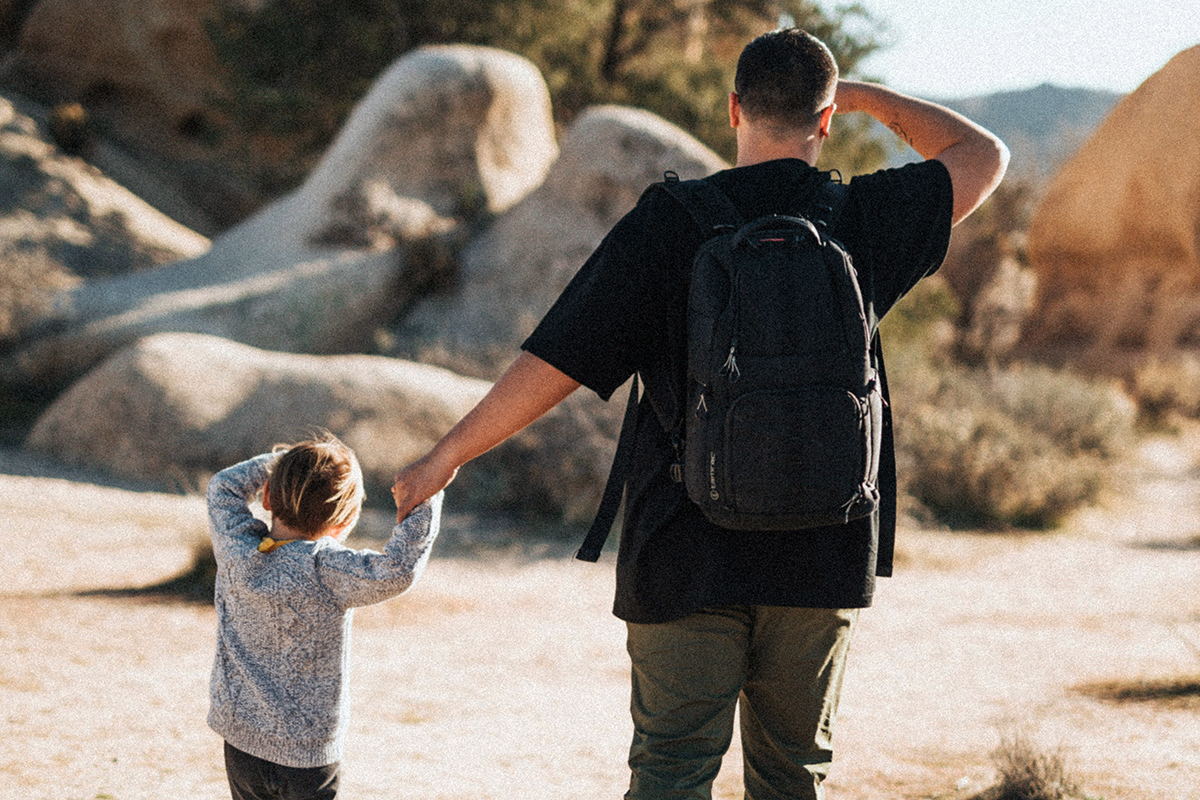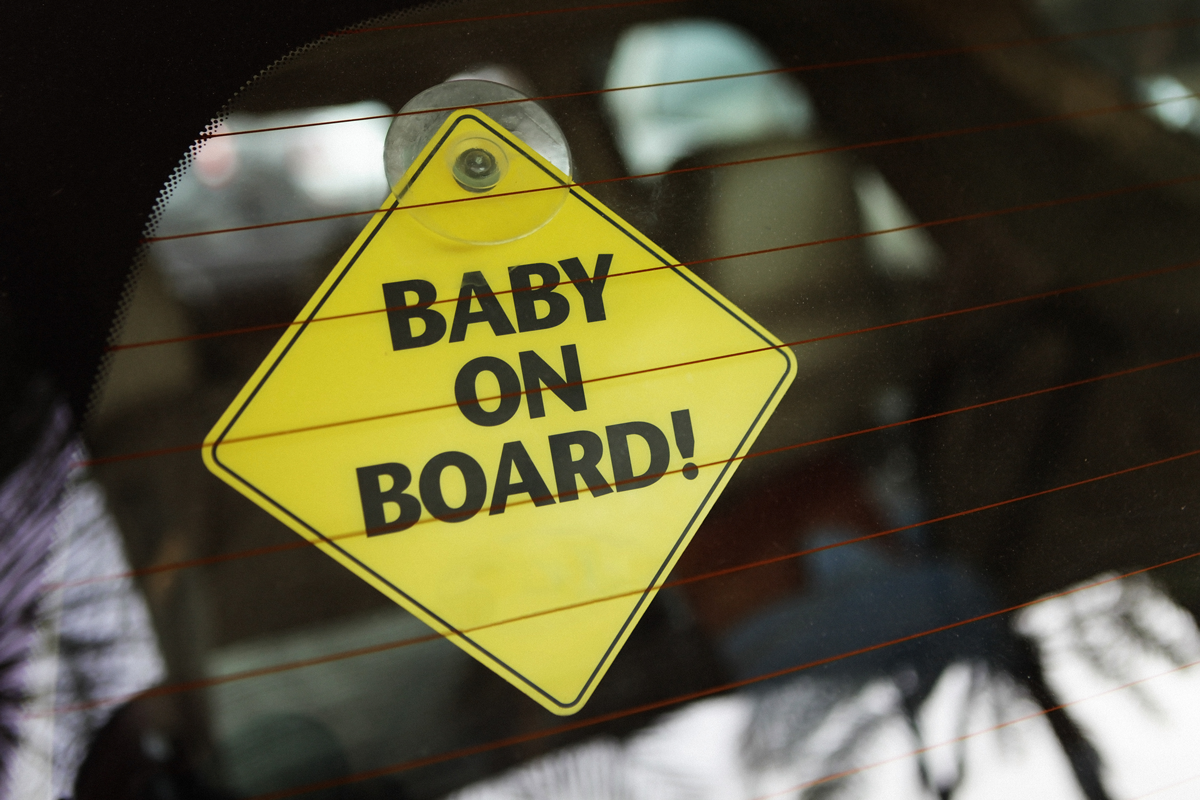My son, who turned 3 in August, recently started blinking a good bit. We took him to his pediatrician, who said it seems to be an involuntary tic/movement that some children develop and that it could go away on its own at some point. He said about one in 10 children/toddlers develop some sort of tic/involuntary movement. I’m curious if you’ve done any research on this topic and if you have any information to share.
—James
Childhood tics are extremely common. A “tic” refers to any involuntary, difficult-to-control movement. These can be motor tics (like your son has) or verbal tics. “Provisional tic disorder,” or PTD, refers to any tic disorder that is transient. Persistent tics can be a sign of Tourette syndrome and related disorders, but in most cases they are not.

There is uncertainty and debate about both how common tics are and how likely they are to resolve. On the first point, it is difficult to measure how common tic disorders are, precisely because of the transience. Consider this: Take a class of 100 children and imagine that each of them has a tic for one week of the year. Evaluated at a given point in time, then, 2% of children (two of the 100) would be seen to have a tic. Evaluated over the entire year, though, it would be 100%.
This excellent summary article discusses various ways of measuring the prevalence and incidence of tic disorders and the range of estimates. It summarizes one nice study in which the authors visited a first-grade classroom several times over the course of a year. They estimated that 47% of the first graders had a noticeable tic at least one time during the year.
Other studies show higher rates in preschoolers than in elementary school students. This suggests a figure for prevalence even higher than the commonly cited 10% by your pediatrician. Of course, point-in-time estimates are lower, perhaps as low as 2.5%.
I was not able to find any precise 10% estimate. My instinct is this is an attempt to vaguely average over different estimates (it’s not just your pediatrician — this is the standard number to cite; it just doesn’t seem to come from anywhere).
The conventional wisdom is that most transient tics resolve. This would be consistent with the difference between the point-in-time and overall estimates of prevalence. Having said this, there is some debate (example paper) about whether tics fully resolve in all kids. Even if they do not, however, they tend to get better.
Community Guidelines















Log in